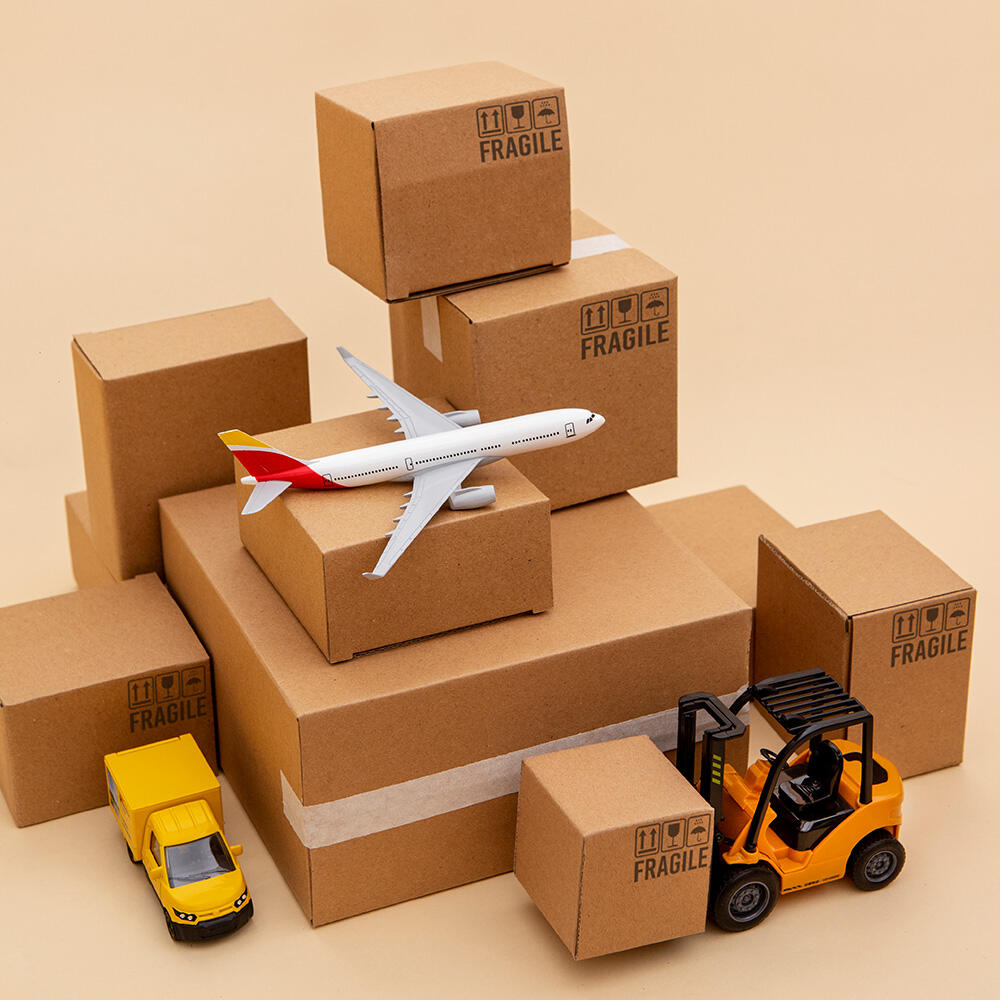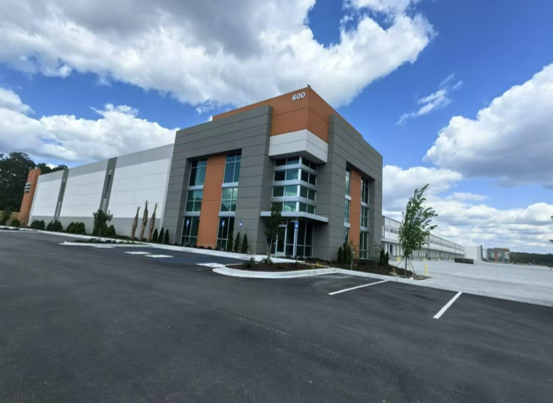
Why is intermodal transportation an indispensable strategic choice for modern supply chains?
Against a backdrop of increased complexity in global trade, volatile fuel prices, sudden logistics disruptions, and increasingly demanding customer timelines, reliance on a single mode of transportation is no longer sufficient to meet competitive demands.
Secondly, intermodal transportation gives the supply chain a strong anti-risk ability: when port strikes disrupt shipping or extreme weather blocks roads, it can dynamically switch to alternative modes (e.g., rail or inland waterway barge), significantly reducing delay losses and building a resilient supply chain network. Network.
In terms of timeliness, intermodal transportation precisely balances the contradiction between speed and cost: air-sea intermodal transportation, for example, is much cheaper than pure air transportation and significantly faster than pure ocean transportation, compressing the delivery cycle and accelerating the time-to-market of products.
